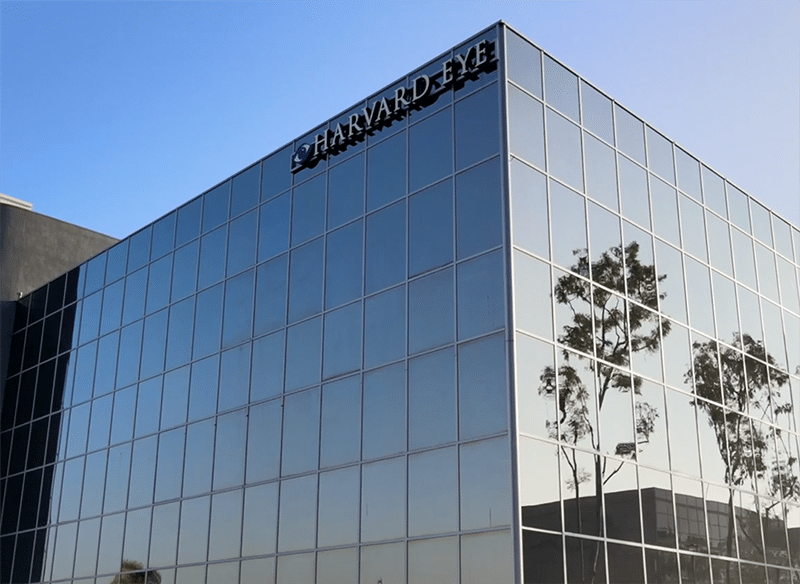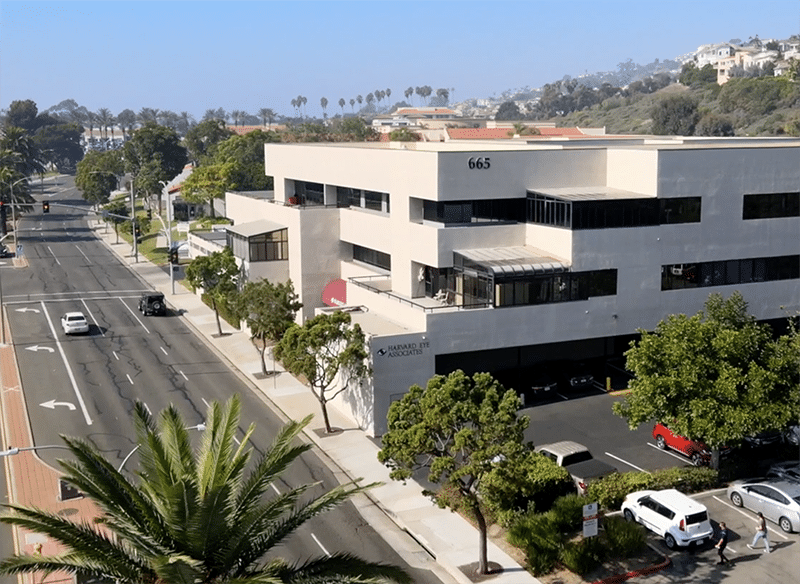Introducing EVO Visian ICL Lens:
The Latest Advancement in Vision Correction Surgery EVO Visian ICL is a lens that can be an alternative choice for permanent vision correction even when LASIK is not an option. If you have been imagining a life with less dependence on contact lenses or glasses, it can be disappointing to be told that you are…
Read MoreHow to Use Your FSA and HSA for LASIK Eye Surgery
For those interested in knowing if you can use your Flexible Spending Account (FSA) and Health Savings Account (HSA) for LASIK surgery, the good news is that you can! First thing first: what are an FSA and HSA? An FSA account provides you with the opportunity of setting aside pre-tax dollars that come from your…
Read MoreLASIK vs. PRK: What’s the difference?
In the field of ophthalmology, refractive surgery is an elective surgical procedure performed to improve the refractive capabilities of the eye and decrease or eliminate dependency on glasses or contact lenses. Of all the techniques implemented, LASIK (laser-assisted in situ keratomileusis) and PRK (photo-refractive keratectomy) are the most widely used corneal refractive surgery techniques today…
Read MoreLASIK: getting rid of glasses for sunglasses
Summer is here, which means that people are getting their sunglasses ready to enjoy sunlight as much as possible. However, this can present a problem for those who have to use glasses to see. Therefore, what better way of getting rid of glasses for sunglasses than with LASIK surgery, allowing everybody to enjoy summer! In…
Read MoreWhat Types of Vision Problems Can Be Corrected by Refractive Surgery?
At one time, refractive surgery only applied to LASIK and PRK. But in today’s advanced procedures refractive surgery includes lens implants and cataract surgery. Refractive procedures are performed by surgeons to improve the focusing ability of their patients’ eyes. They can reshape the cornea or implant a lens inside the eye to correct a variety…
Read MoreWhat is LASIK Eye Surgery? Everything You Need to Know from Harvard Eye Associates
You may have heard of LASIK eye surgery as a possible solution for vision correction, and for good reason. LASIK is the most commonly performed laser eye surgery to treat nearsightedness (myopia), farsightedness (hyperopia), and astigmatism. What does this mean for you? If you suffer from any of the conditions listed above, LASIK could be…
Read MoreCan LASIK Correct Astigmatism?
Astigmatism is an extremely common condition. Thankfully,patients with this condition have several reliable treatment options, including LASIK laser vision correction. Here’s what you need to know about how LASIK surgery can correct astigmatism. What is Astigmatism? Astigmatism is caused by an imperfection in the curvature of the cornea or lens of the eye. The cornea…
Read MoreAlternatives to LASIK
LASIK eye surgery is the most popular type of vision correction because it can effectively treat a wide range of refractive disorders. However, it is not the right treatment for every patient.Approximately 25% of people who want LASIK are not good candidates for the procedure. For some, their corneas are too flat or too thin….
Read MoreWhat is Myopia?
Myopia, also known as nearsightedness, is a very common vision problem, affecting nearly one-third of the population. As the name implies,people who are nearsighted can easily see objects that are near to them, but struggle with objects that are far away. Myopia occurs when the eyeball is slightly longer than usual from front to back….
Read MoreDo You Need Reading Glasses After Laser Eye Surgery?
Patients typically undergo laser eye surgery to reduce or completely eliminate their need for visual aids such as contact lenses and glasses. The truth is that most patients will eventually require reading glasses at some point in their future. Laser eye surgery effectively treats farsightedness, a refractive error that results in blurry near vision and…
Read More



